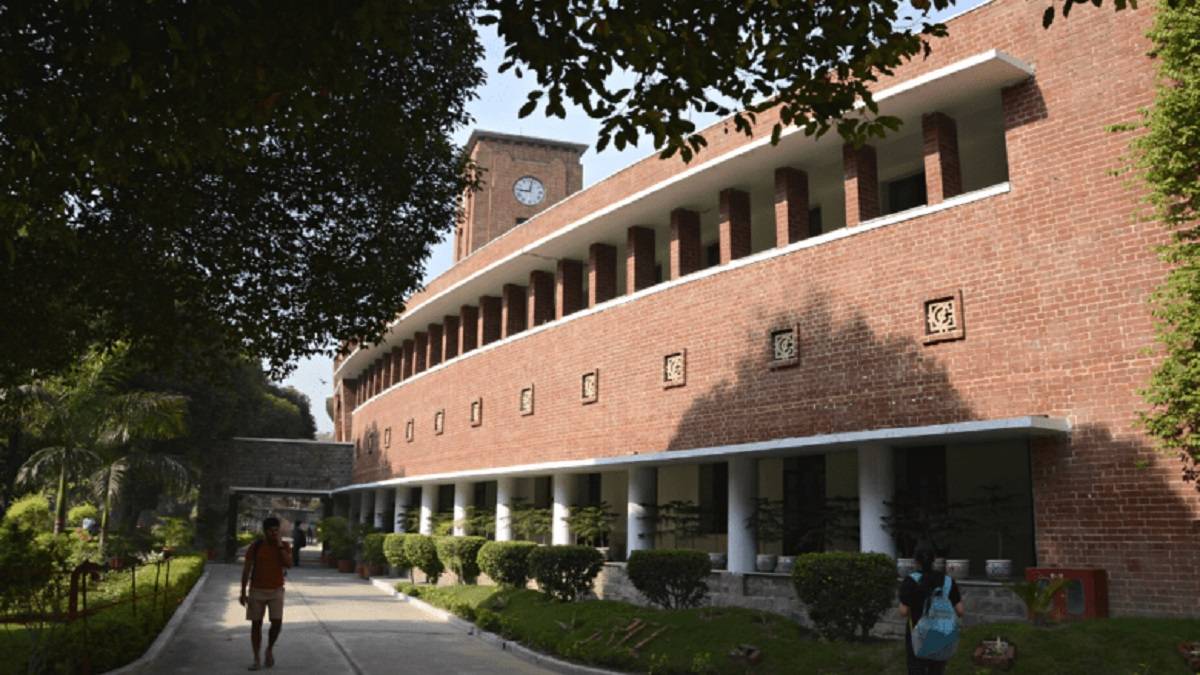DU FYUP: 72% Students Opt for 4th Year, Highest Uptake in Humanities, Lowest in Commerce
At Shri Ram College of Commerce (SRCC), around 170 of nearly 900 B.Com (Hons) students opted for fourth year. Ramjas, Kirori Mal College (KMC) reported roughly 45–60% of students opting in, many colleges saw higher continuation rates.
Around 72% of undergraduate students at Delhi University have decided to continue into optional fourth year under Four Year Undergraduate Programme (FYUP). Out of more than 72,000 eligible UGC students; 50,000 have chosen to stay for fourth year, while 20,221 have decided to exit with a three year degree. DU has kept opt-out window open until August 1, when new academic session would begin.
Response of students for fourth year varies across disciplines. Humanities and language departments have seen highest participation, with several courses witnessing more than 70–80% student retention. At Lady Shri Ram College, Psychology and English programmes have recorded high interest. In contrast, science and commerce departments have reported lower numbers. At Shri Ram College of Commerce (SRCC), around 170 of nearly 900 BCom (Hons) students opted for fourth year. Economics has seen similar trends, with just 74 of 210 students continuing. In science stream, subjects like Physics and Chemistry reported moderate uptake, while Mathematics and Physical Science saw opt-out rate up to 70%.

Across colleges, trend remains uneven, institutions such as Ramjas and Kirori Mal College (KMC) reported mixed figures, with roughly 45–60% of students opting in several colleges saw higher continuation rates. Some colleges reported lower uptake in professional and science courses to students already preparing for PG entrance examination or placements.
Faculty members and academic experts have expressed concerns about the preparedness for the fourth year. Many point out that the research-based component of the curriculum is still under development, and that institutions are grappling with faculty shortages and infrastructure gaps.
Delhi University’s Executive Council has approved infrastructure investments of ₹1,900 crore, including funds for laboratories, classrooms, and hostels. Several colleges have limited provision for four year teaching, with guest faculty not assigned to this batch and full-time faculty already burdened with responsibilities.
Read More:
Follow Shiksha.com for latest education news in detail on Exam Results, Dates, Admit Cards, & Schedules, Colleges & Universities news related to Admissions & Courses, Board exams, Scholarships, Careers, Education Events, New education policies & Regulations.
To get in touch with Shiksha news team, please write to us at news@shiksha.com

 Call 8585951111
Call 8585951111
Abhay Anand is an experienced education journalist with over 15 years in print and digital media. Currently serving as Manager- Editorial at Shiksha.com, he specializes in higher education policy, student mobility,
Read Full Bio